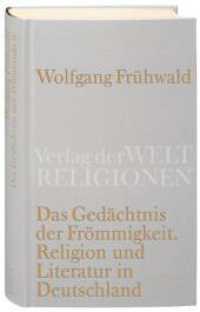- ホーム
- > 洋書
- > 英文書
- > Philosophy
Full Description
In this powerful study Edward Baring sheds fresh light on Jacques Derrida, one of the most influential yet controversial intellectuals of the twentieth century. Reading Derrida from a historical perspective and drawing on new archival sources, The Young Derrida and French Philosophy shows how Derrida's thought arose in the closely contested space of post-war French intellectual life, developing in response to Sartrian existentialism, religious philosophy and the structuralism that found its base at the École Normale Supérieure. In a history of the philosophical movements and academic institutions of post-war France, Baring paints a portrait of a community caught between humanism and anti-humanism, providing a radically new interpretation of the genesis of deconstruction and of one of the most vibrant intellectual moments of modern times.
Contents
Introduction; Part I. Derrida Post-Existentialist: 1. Humanist pretensions: Catholics, Communists and Sartre's struggle for existentialism in post-war France; 2. Derrida's 'Christian' existentialism; 3. Normalization: the École Normale Supérieure and Derrida's turn to Husserl; 4. Genesis as a problem: Derrida reading Husserl; 5. The God of mathematics: Derrida and the origin of geometry; Part II. Between Phenomenology and Structuralism: 6. A history of différance; 7. L'ambiguité du concours: the deconstruction of commentary and interpretation in Speech and Phenomena; 8. The ends of man: reading and writing at the ENS; Epilogue.







